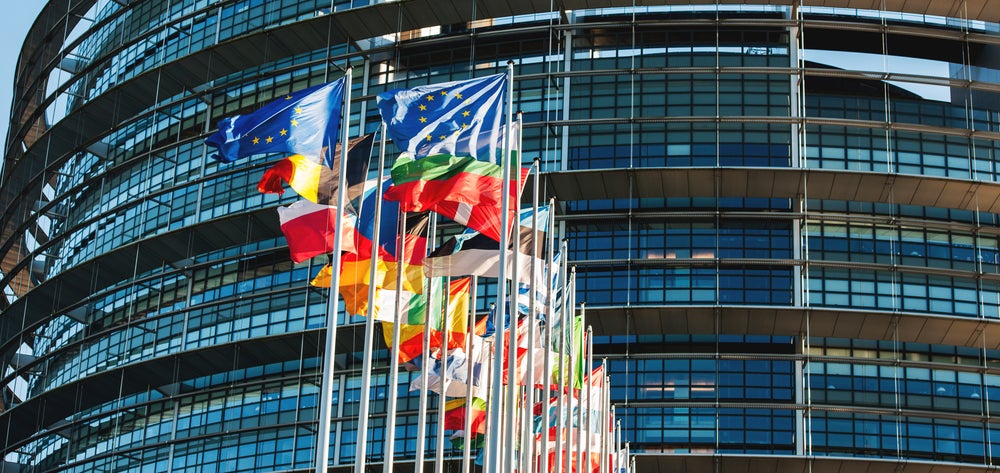
The EU is planning to give member states the power to end imports of Russian and Belarussian gas, draft legal texts show.
According to documents seen by the Financial Times, member states will have the authority to ban Russian and Belarussian companies from buying capacity in their gas pipelines and liquified natural gas (LNG) terminals.
There are hopes the proposal will provide a legal basis for EU-based energy companies to terminate contracts with Russian companies without having to pay large compensation fees.
Member states would be allowed to “partially or, where justified, completely limit” access to infrastructure to gas operators from Russia and Belarus “where necessary to protect their essential security interests”, according to the draft legislation.
Negotiators from the European Parliament and Council are expected to vote on the draft on Friday. A final version of the legislation will then need to be formally approved by both bodies.
The move highlights the bloc’s continued efforts to limit Russian profits from its energy products as its war in Ukraine wears on. Currently, the EU has a target for member states to be totally free from Russian fossil fuels by 2027, although the EU still gets approximately 10% of its gas supply from Russia.
In May, it was reported that the EU and G7 member nations would move to ban Russian gas imports on routes where Russia had voluntarily cut supply. If successful, the decision would prevent the resumption of Russian pipeline gas exports to parts of western Europe, including to Poland and Germany.
More recently, in October EU member state Bulgaria introduced a punitive tax on Russian-owned gas companies operating through its pipeline network in a bid to drive down Moscow’s energy profits and force other countries’ hands in switching to alternative fuel sources. The decision sparked serious backlash from the Serbian and Hungarian governments, both still heavily reliant on Russian energy and direct recipients of its gas flowing through Bulgaria from Turkey.



